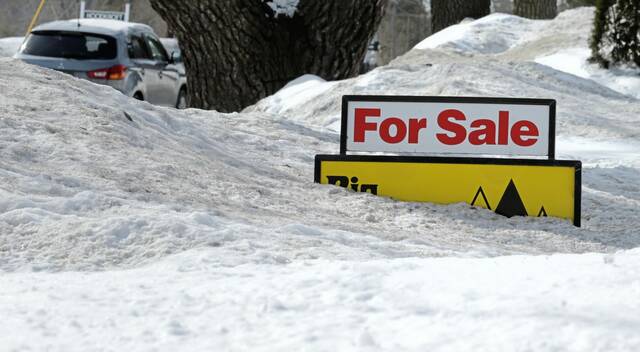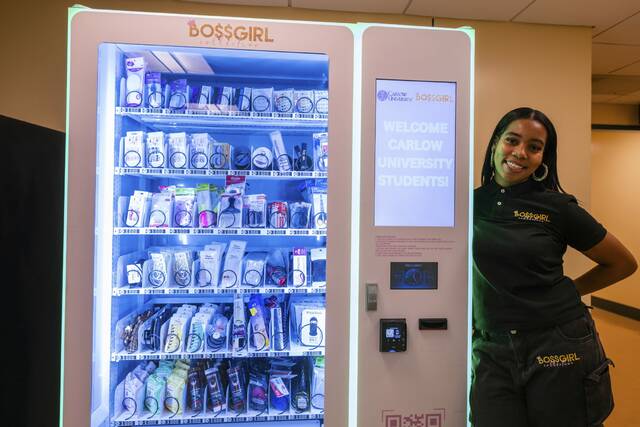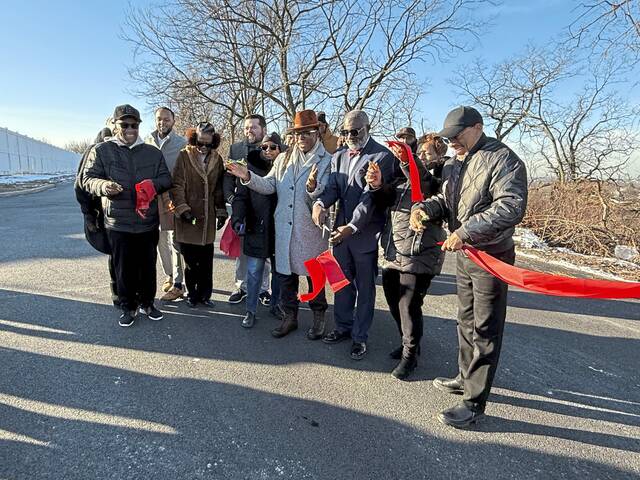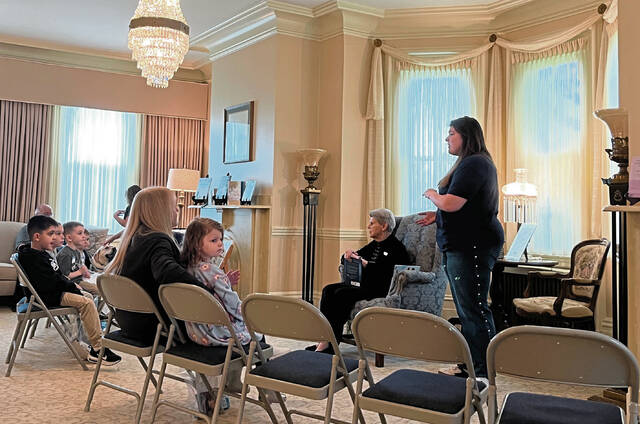Penn Hills property owners will have to pay a little more in real estate taxes due to the school district’s $94.6 million spending plan for 2021-22.
The school board June 30 unanimously passed next school year’s budget with a 1.3% tax hike.
They set the tax rate at 30.0965 mills, which is a 0.4-mill increase.
That equates to a property owner with a home assessed at $50,000 having $20 added to their current tax bill of $1,504, according to district documents.
Owners of a property assessed at $75,000 would pay $30 more to their $2,257 real estate taxes, and taxes on a $100,000 home would add $40 to its $3,009 tax bill.
The real estate tax rate is among the highest of school districts in Allegheny County.
Revenues and expenses are projected to be about $94.6 million.
School Director Rob Marra, finance committee chair, said the rate hike is about the same amount as the cost-of-living increase to Social Security. He said it shouldn’t be much of a burden to seniors on fixed income compared to other budgetary options.
District officials had reviewed budgets with a 1.48% hike, or 0.5-mill increase, and a 2.53% hike of 0.75-mill. That would have been the highest tax hike allowed by the state without seeking special permission or a referendum.
“I do see this budget as a call to action and accountability for us,” board member Elizabeth Rosemeyer. “For the first time, we’re not drowning financially. We have a little bit of space to get our head above water.
“I see this as a time that we can offer more support to our students, to our teachers and hopefully also to our administrators.”
The 0.75-mill hike was initially recommended by the district’s chief recovery officer, Dan Matsook.
That raise would equate to a $50,000 property having a $37.50 tax bill increase, a $56.25 increase in taxes on a $75,000 property and a $75 tax bill hike for those owning a $100,000 home.
The board tabled Matsook’s recommended changes in May so they could review Gov. Tom Wolf’s budget in hopes of getting more money.
State Department of Education officials sent the district a letter June 8 in response to that action encouraging the elected leaders to either approve or reject the amendment in accordance with Act 141 (financial recovery law).
The board’s gambled paid off, as it received a $600,000 increase in basic education subsidies, $370,000 in special education subsidies and a $882,000 increase in one-time federal Elementary and Secondary School Emergency Relief Fund money.
“It’s a win for the district and it’s a win for the district’s recovery plan efforts because it’s recurring revenue,” Matsook said. “We’ve talked for two years about the fact that if we can just get our subsidies changed because of our local legislators … we were able to increase those recurring funds, which is critical.
“We’re hoping that the next change we see from legislators is a charter school (funding) change. If we could see that happen on top of what we’ve done already at the state level, it would be a tremendous boost to improving our underlying structure.”
Officials credited state Sen. Jay Costa, D-Forest Hills, with leading that charge.
Board president Erin Vecchio said the board did not want to raise taxes, especially as people work to recover from pandemic losses, but the state is not giving them a choice.
She also wanted to correct assumptions being made by some people on social media.
“We’re being told by Harrisburg that we have to do this because of Dan Matsook, so make sure you spell his name right,” Vecchio said. “We’re in financial recovery so we have to go with what they’re telling us to get out of recovery so we can get back to some kind of normalcy.”
She also noted the district did not raise taxes for six previous years.
The district has been in financial recovery status since January 2019. It has already gone against recovery plan recommendations, causing Matsook to draw up an amendment to the plan.
District Business Manager Eileen Navish said the district is expected to receive more than $17 million in federal covid assistance to be spent within the next three years.
“The real benefit of ESSERs funds is it gives us time,” Marra said. “We have money. You have to spend it on certain things, but it’s real money. It’s things that are coming in to our budget much more than Eileen could ever imagine pulling into the budget.
“We’re spending it on learning recovery, physical plant needs and technology needs. There’s things we want to do for the district. It’s not like we’re pulling things out of the air and saying, ‘We’re spending extra money because they’ve given us money. We want to do what’s right for our kids and what’s right for our education and what’s right for having sustainable buildings.”
The district is about $160 million in debt largely because of loans for the construction of the high school and elementary school.








